Knowledge Center
Useful tips and information to help you with a wide variety of important financial decisions.



Member Webinars
Recordings of free financial education webinars for Advancial members.

How-To Hub
A full library of step-by-step guides for using Advancial's products, platforms, and services.

Financial Calculators
Plan for success with our suite of easy-to-use financial calculators. Whatever your need, we have the tools to help you make an informed decision.
- Auto Loans
- Budgeting
- Retirement
- Mortgage
- Savings
- Credit Cards
Articles
Sort By

A Checklist for an Organized Estate
Estate planning is a smart thing to do to protect your assets and ease an already difficult time for your loved ones. However, starting the process and executing it effectively can be challenging. Making plans for distributing your money, home and other assets after you’re gone may be uncomfortable, but it’s important to address the topic so you and your loved ones are prepared.

A Guide to Avoiding Financial Fraud
Every day, fraudsters are hard at work trying to steal personal financial information from hardworking, honest people like you. They are more clever than ever, so you need to stay informed about how to avoid falling victim to their schemes.

Checking 101
A checking account that makes you pay to access your own money is no friend to your finances. The truth is, plenty of banks charge fees that can chip away at your account balance. That’s not the case at Advancial. As a not-for-profit credit union, our checking accounts are designed to benefit your bottom line, not a bank’s shareholders.

Credit Scores 101
Three simple digits. That’s all it takes to capture the quality of your credit history. It seems simple, but credit scores are an important tool that lenders use for virtually all loan and credit applications. Those three digits help lenders determine if they can trust you to repay a loan fully and on time.

Dinero Teens: Claim Your Cash — Don’t Leave Free Money Behind!
While college can be expensive, scholarships can help ease the financial burden—and the best part? Scholarships are essentially free money you don't have to pay back.
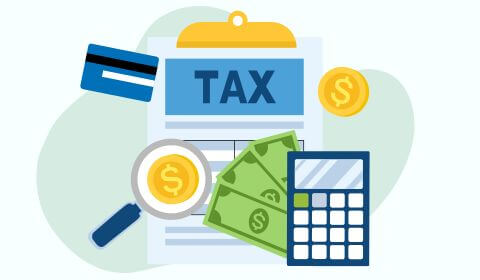
Dinero Teens: Taxes 101 for Your First Job
If your first job is with a company—like working at a retail store, a restaurant, or an office—you'll notice that your paycheck isn't as big as you thought it would be.
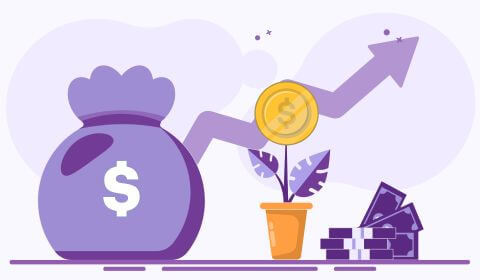
Dinero Teens: Why Dividends Are Your Financial BFF!
As you grow older and start earning more money, it’s important to think about where and how to save.
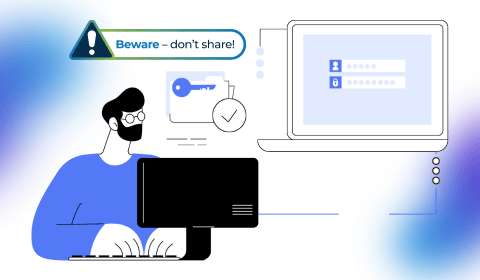
Dinero Teens: 3 Common Types of Fraud Targeting Teens — and How to Avoid Them
Fraud is everywhere. From sneaky online scams to fake emails and text messages, fraudsters are always looking for ways to trick people into giving away their money or personal information.
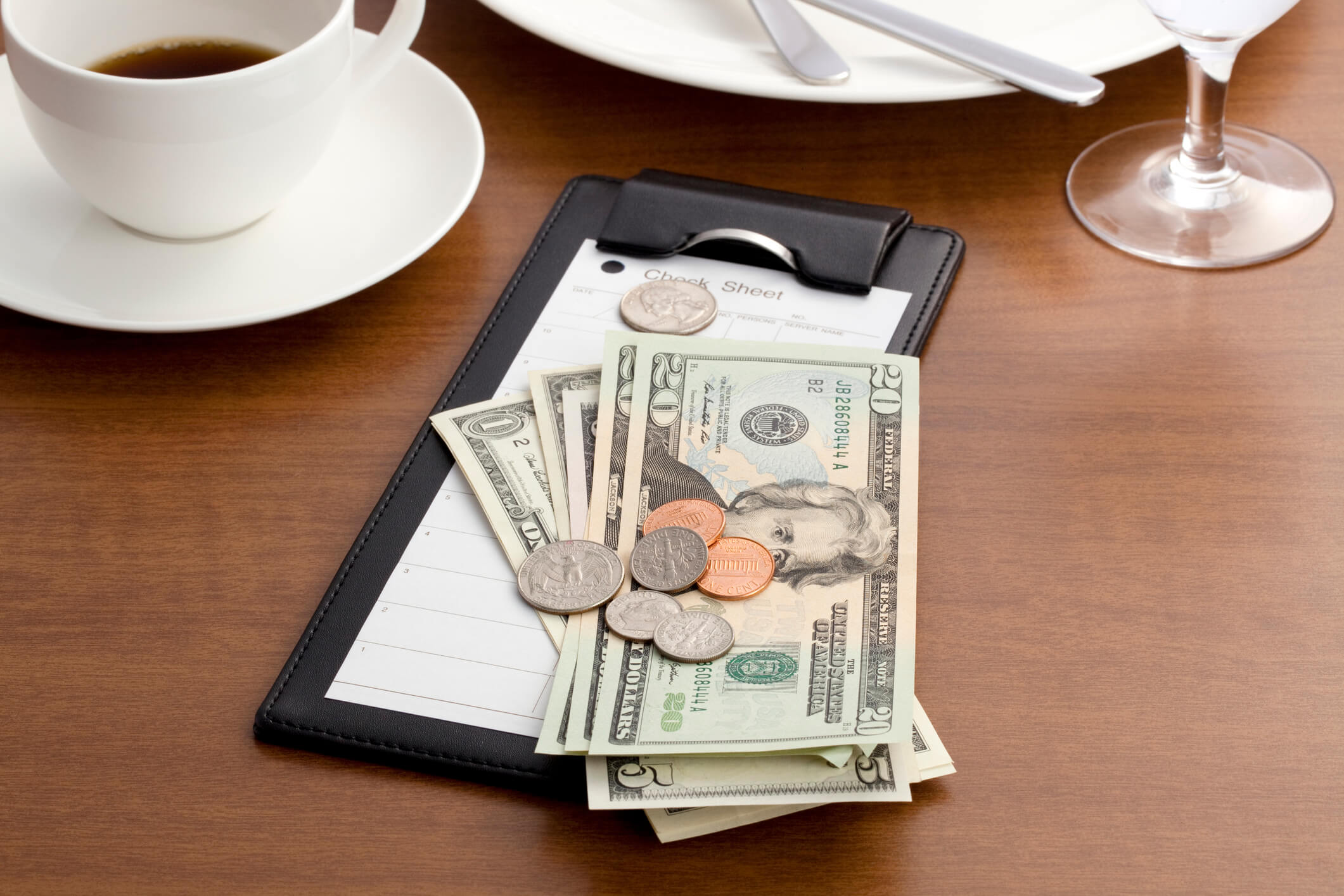
Dinero Teens: A Guide to Tipping
Knowing how and when to tip is a key part of growing up. Tipping is a way to show appreciation for good service and support people in jobs that often rely on tips to make a decent living. Here's a guide to help you navigate the sometimes-confusing world of tipping etiquette.

Dinero Teens: Check-Writing 101
In an era of digital payments, you may not regularly need to write a check to complete a purchase. But at some point, you will likely want or need to write a check because it’s the best option available.

Dinero Teens: How to Make Money Management Less Confusing
If you think managing your money is challenging, you’re not alone! Nearly three-quarters of teens (74%) say they’re not confident about their personal finance knowledge, according to a recent survey.

Dinero Teens: What's a Credit Score?
While you may know a lot about test scores, how much do you know about credit scores? One day, these scores will have an important influence over financial matters in your life, so it pays to learn about them sooner rather than later.

Dinero Teens: Why Advancial Versus Other Alternatives?
Life is full of choices, including whether to bank with a credit union, like Advancial, or a traditional bank. Unlike banks, credit unions like Advancial are not-for-profit organizations that exist exclusively to serve their members.

Dinero Teens: Your College Prep Checklist
You’ve decided on a college and sent in your enrollment deposit — now it’s time to organize your finances and prepare for your move. Moving away to college may be the first time you’re living independently and making your own financial decisions.
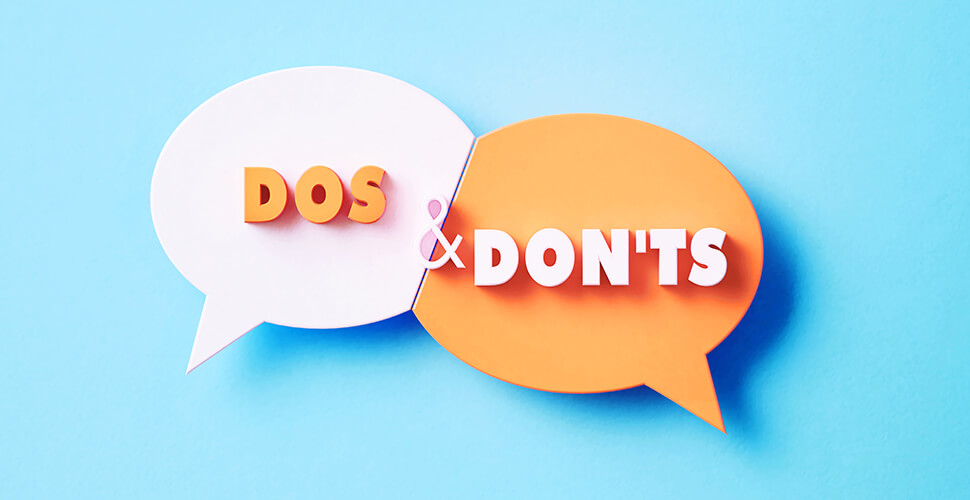
Dos and Don'ts of Credit Repair
If you've recently been rejected from a credit or loan application, it may be because of your credit score being too low. If that’s the case, there are a number of reasons why that may be.

Fraud: Spoofing Explained
Hackers often try to take advantage of unsuspecting people by posing as their financial institution, referred to as spoofing. They often use common communication methods, such as phone calls, email or text messages.

How to Maximize Deposit Insurance
Here's how to get the most NCUA deposit insurance coverage.

The Four P’s of Common Scam Signals
Hackers often try to take advantage of unsuspecting people by posing as their financial institution, referred to as spoofing. They often use common communication methods, such as phone calls, email or text messages.

Incorporating Financial Education into Your Wellness Program
When it comes to Workplace Financial Wellness, one of the first questions asked by Benefits Administrators is, “How do I incorporate this type of benefit into my overall wellness plan?”

Making Sense of Our Current Inflation
As you may have noticed when buying anything lately, America is experiencing significant inflation – the highest in 40 years, according to economists. What really is inflation? How did we get to this point? What’s being done about it? And most importantly, what can you do to reduce the effect of inflation on your personal budget?

